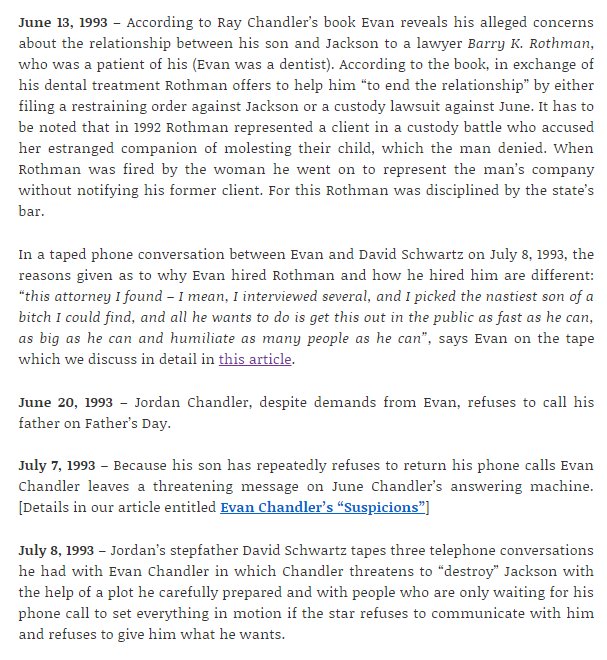Good quality research. Evidence-based. Data-driven.
These buzzwords are quite popular in #cjreform circles, among nonprofits, researchers, foundations, & elected officials.
Research did not create our present criminal punishment system.
Racism & fear did.
Researchers, nonprofits, and foundations call for data-backed solutions to deconstruct the punitive, carceral structures that comprise the criminal legal system.
This is not the standard to which we held policies that vastly expanded policing, jails, & prisons.
We have to allow for the possibility that other sources of truth are equally valid & compelling.
The research community should not scoff at this reaction. We must hear & absorb the pain in being the frequent object of study but never the author of policy.
To our community partners, it's fool's gold.
They raise a moral objection to randomizing access to justice system improvements.
1) The resource is only scarce b/c of mutable public policy
2) In systematizing who is freed & who is bailed out, who has a lawyer & who doesn't, we become complicit in the system's harm










